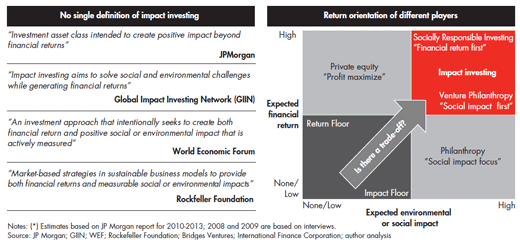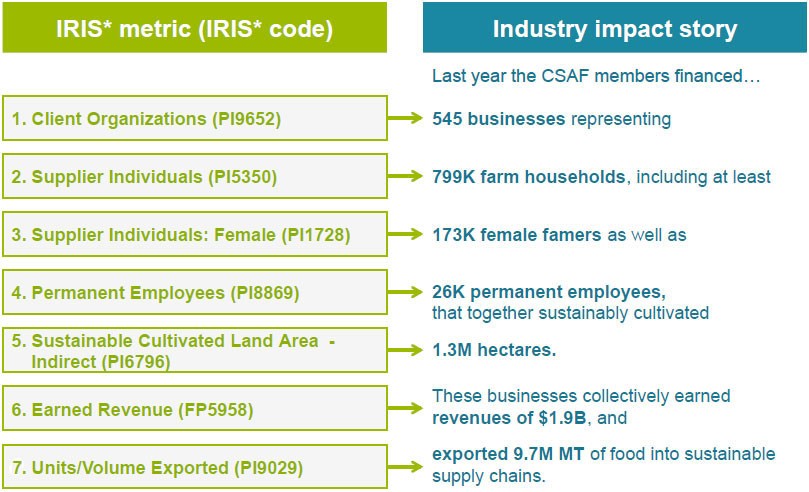Impact Investing Financial Social Environmental
Post on: 16 Март, 2015 No Comment

Impact Investing: Financial, Social, Environmental
Table of Contents
Page 1 of 4
Angel and impact investing are becoming more visible as important catalysts within the world of start-up capital, and Philadelphia, through companies such as Investors Circle Philadelphia, is leading the way in implementing mechanisms for successful impact investing that responds to local needs. While there is no exact formula to predict a successful impact investment strategy, applying rigorous due diligence, along with intuition as to the capability of emerging leaders, can help guide decision-making.
Angel and Impact Investing
Angel investing blends the heart and mind into the investment decision-making process. The practice of angel investing has been around for many years. The basic concept is loaning money to small start-up businesses that have reached a certain operational need for capital. It is designed to be the next step in growing a business after what is often called bootstrap financethat is, using savings, credit cards and friends and family to launch the business.
Angel investors are often the first professional lenders who provide financial support to a growing business. These investors come in before a bank or lending institution would want to take a chance on a start-up. From angel investors, companies that continue to grow will look for larger institutions or funds that will take them to the next level. Each level of investment requires more complicated and sophisticated analysis as the financial instruments are made available to a larger audience of financiers who have greater fiduciary responsibility and require more sophisticated documentation and due diligence than the average angel investor.

The angel investor can be defined as an individual or institution that focuses on early stage start-up companies. The first investments from these groups are usually small, typically ranging from as little as $25,000 to $250,000. Once a company gets beyond a quarter of a million dollars, a new level of investors is sought. Angel investors often like to be involved in the early stage of a start-up business and eventually hand it off to investors with more financial resources. This involvement can range from just investing money to being an advisor to being an active member of the companys board of directors.
In Philadelphia there are a number of angel investment groups (Robin Hood, Delaware Crossing Investor Group, etc.) that meet to evaluate start-up businesses. The groups are made up of qualified investors as defined by the IRS and investment funds that are looking to finance start-up companies that the investors believe have a strong chance to succeed.
Within the angel investment community there is growing interest in whats called impact or triple bottom line investing. This is the idea that money can be invested where it can have a positive impact in multiple forms. First, like any good traditional investment, it will produce a return on capital: invest and you will get your money back with an additional return. But there are two additional elements that commonly shape impact investment. First, many impact investment strategies support businesses that produce a positive impact on the environment (think solar panels, new techniques for recycling, shared automobiles, etc.) These are the businesses that bring positive results to the environment while generating a return for the investor. Second, impact investing typically possesses a social element, such that the people who work for the company, the vendors, the suppliers and related businesses are treated in a healthy, sustainable mannergood, safe working conditions, fair pay, medical benefits, nondiscrimination and in general a place people want to come to work.














